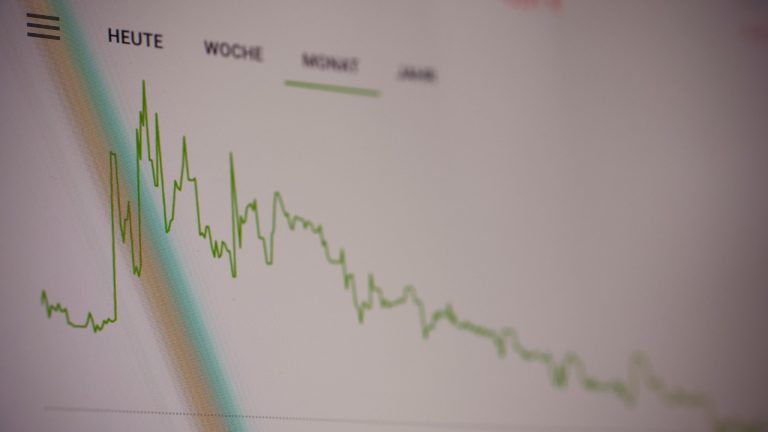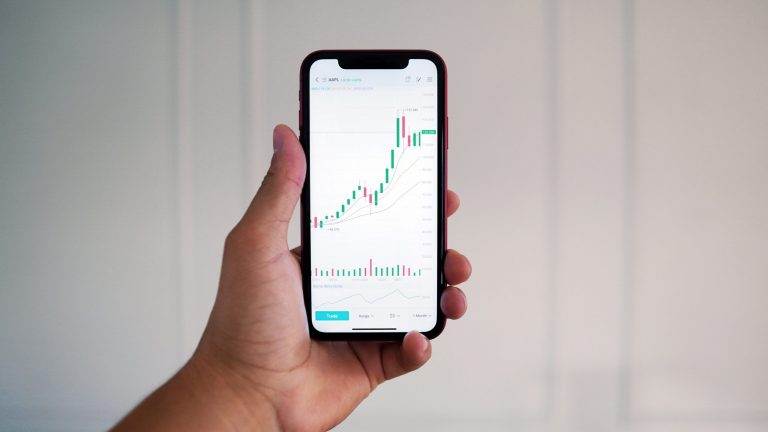As a business leader, you’re constantly looking for ways to reduce your risk and increase profits. When it comes to foreign exchange (FX) trading, making informed decisions is key to success. To make the right choices, you need to be aware of the many influential factors FX traders must consider. By understanding these factors, you can make more confident decisions that could lead to increased profits.
The political and economic conditions of the countries involved
The currency pair is the first and most crucial factor to consider. The state of a country’s economy can significantly impact its currency. For Instance, if a country is experiencing high inflation, its currency is likely to depreciate. On the other hand, if a country has a strong economy, its currency is likely to appreciate.
In addition to economic conditions, political stability is also an essential factor to consider. A country embroiled in civil unrest or unstable government is likely to hurt its currency. Political risk can also come from external factors such as international sanctions or trade tariffs.
The current interest rates for currencies being traded
In addition to interest rates, central bank policy is also an essential factor to consider. Central banks can influence currency values through several methods, such as quantitative easing or changing reserve requirements. FX traders should closely monitor central banks’ actions as they can significantly impact currency values.
Finally, keeping an eye on global events that could potentially impact your trading currencies is also essential. For example, a terrorist attack on a major tourist destination will likely cause the value of that country’s currency to depreciate. Similarly, if there is a natural disaster in a country whose currency you’re trading, this is also likely to impact the value of that currency.
By understanding the many influential factors FX traders must consider, you can make more informed decisions when trading currencies. By performing so, you may be able to increase your chances of making a profit.
The overall sentiment in the market – bullish or bearish
The current market sentiment can have a significant impact on currency values. If the market is generally bullish, this is likely to cause currencies to appreciate. On the other hand, if the market is bearish, this is likely to cause currencies to depreciate.
One way to measure market sentiment is to look at the Commitment of Traders report from the Commodity Futures Trading Commission (CFTC). This report shows the net long and short positions of different groups of traders in the FX market.
Another way to measure market sentiment is to look at news reports and see how positive or negative they are about a particular currency. If there are more positive than negative stories, this is generally seen as a bullish sign for the currency.
Finally, you can also look at technical analysis to see if there is any evidence of a bullish or bearish run in the market.
Whether the news is expected to be released that could impact prices
If the news is expected to be released that could impact the prices of the currencies you’re trading, it’s essential to be aware of it. For example, if a significant economic report is due to be released, this could have a significant impact on currency values.
It’s also vital to be aware of political events that could impact currency values. For Instance, if there is an election in a country whose currency you’re trading, this could significantly impact the value of that currency.
You can find out about upcoming news events by checking the economic calendar on Bloomberg Terminal.
The amount of risk you’re willing to take
When trading currencies, it’s essential to consider how much risk you’re willing to take. It is because currency values can rush, and it’s not always possible to predict how they will move. If you’re willing to take more risks, you may be able to make more profits. However, you could also end up making more losses. It’s essential to balance taking too much and too little risk.




